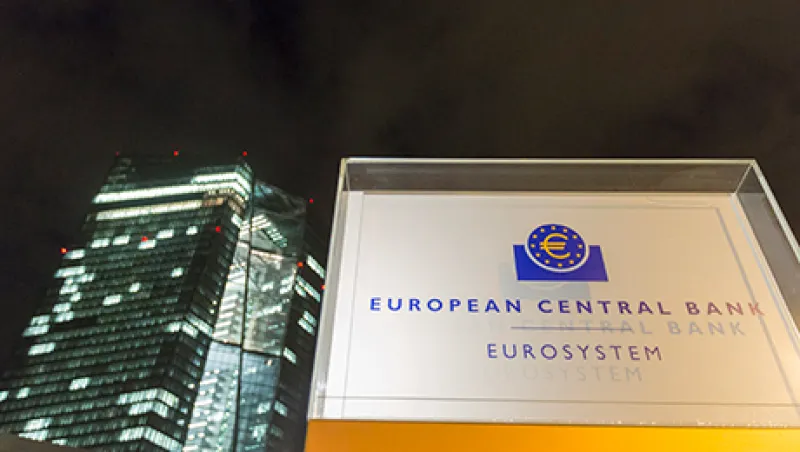
Daily Agenda: A Darkening Eurozone Growth Picture
GDP data from Europe disappoints; Chinese regulators hike margin requirements; Syngenta finds a new suitor.
Andrew Barber
November 13, 2015


